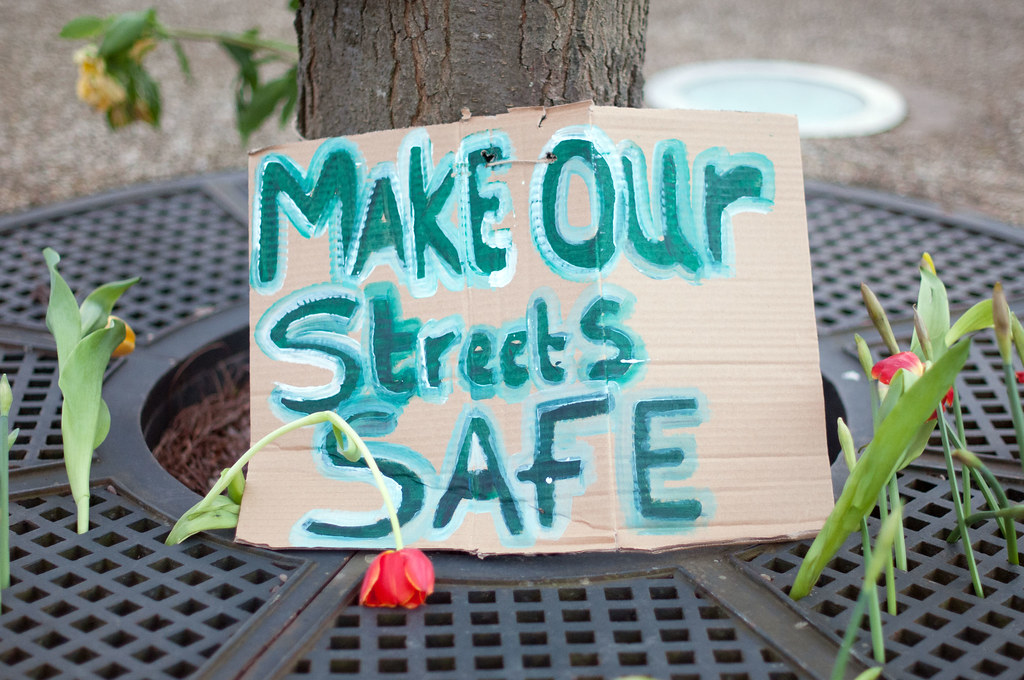Daisy Harrison
Since the conviction of Sarah Everard’s murderer, the BBC reports that over 1,500 police officers have been accused of violence against women and girls in a six-month period.
Sexual Assault within the Police
Whilst members of the public made 524 complaints against 867 officers, only 290 of these have been resolved. This means that nine in ten of these cases have ended in no further action, with no justice for the victims of these crimes.
“A recent YouGov poll found that 51% of women do not trust the police”
In just the last month, PC Ireland Murdock was found guilty of rape; PC Jonathan Simon was given a 16-week sentence for harassment and stalking; PC Hussain Chehab engaged in sexual activity with a 13-15-year-old girl and took indecent images of a child; and Sgt David Stansbury was sentenced with three accounts of rape.
“Stopping one form of violence by introducing another isn’t safe for you or those you love”
Each of these crimes were committed against women and despite the sentences happening in the last month, many of these crimes happened years ago. PC Chehab was the Safer Schools Officer at the time of his crimes against children, which once again displays the irony of the role the police play in our lives.
Do women trust the police?
It is hardly surprising that a recent YouGov poll found that 51% of women do not trust the police.
Already as women, we are hyper-aware of our surroundings. We text when we get home safe, we take longer, different routes to get places, and we are suspicious of anyone who comes near us when we are walking alone, especially at night.
“Baroness Casey described the police force as institutionally racist, misogynist, and homophobic”
The more that convictions of police officers for their crimes against women are discussed in the media, the less inclined women become to trust the police force at all.
In her 2020 book Hood Feminism, Mikki Kendall discusses the police from the perspective of being a woman from a marginalised community, stating that marginalised women may never call the police as “stopping one form of violence by introducing another isn’t safe for you or those you love”.
Are changes being made?
The CWJ has made a series of recommendations to tackle the way misogyny and sexual assault within the police force is dealt with. First, it calls for an independent body to investigate accusations against active officers. It has also seen the establishment of Operation Soteria Bluestone, which aims to improve investigation and prosecution of rape and sexual assault through a suspect-focused investigation.
Baroness Casey described the police force as institutionally racist, misogynist, and homophobic. Whilst these factors are still at play within the force, it will remain challenging for women to trust the police and the threatening practices that surround it.
Featured image via Tim Dennell via Flickr. Image licence found here. No changes were made to this image.

